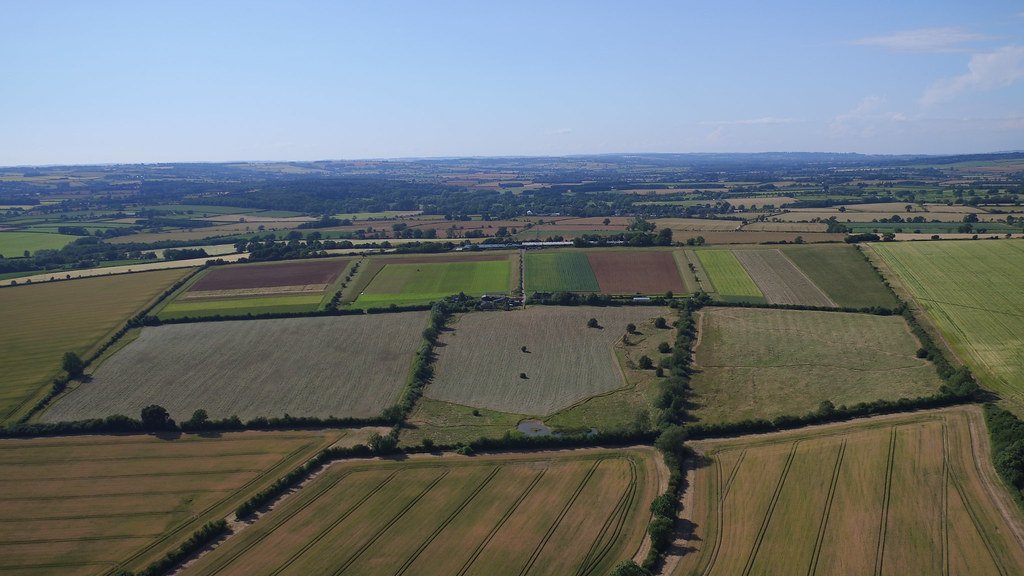Bee-Tastrophy
I received a call mid morning from Ian to say there had been and 'incident' at the farm involving sheep and the apiary. On arrival it looked like a bomb had been dropped. Six hives had been knocked over and the stands had been thrown several metres away. This had been done by a flock of sheep which had run amok during a planned movement between fields. There were lots of bees buzzing around - obviously disturbed and a bit angry!
Unfortunately the sheep had also hit the WBC hive containing the new nucleus of bees we had split from one of the other hives on the previous inspection. (pic) Miraculously, although the lid was off the nuc box was still upright and undamaged. Thank goodness it was inside the WBC when the sheep descended or it would have been smashed to pieces!
Fortunately for us our large white national hive with the thriving colony was close enough to the fence to avoid the stampede.
Soon after I had reconstructed the hives Chris arrived so that we could inspect them and make sure the queens had not been lost. The good news is that all the colonies seem to be ok, even the split colony in the nuc box was doing well, and the bees had sealed the queen cup we had placed there for them. Not only this, they’d started a second queen cup complete with larvae and royal jelly, so we are hoping one of these queens will survive and the colony will fully develop over the coming weeks.
I think it's fair to say that we've learnt our lesson regarding sheep at Honeydale - in the future we'll make sure they are not herded anywhere near the apiary!
.png)

















0 comments: